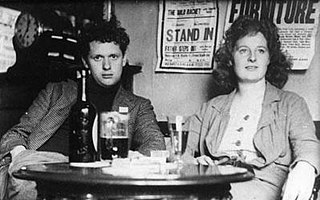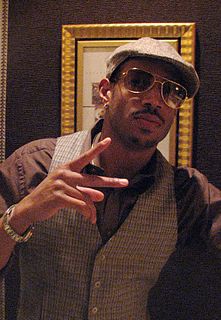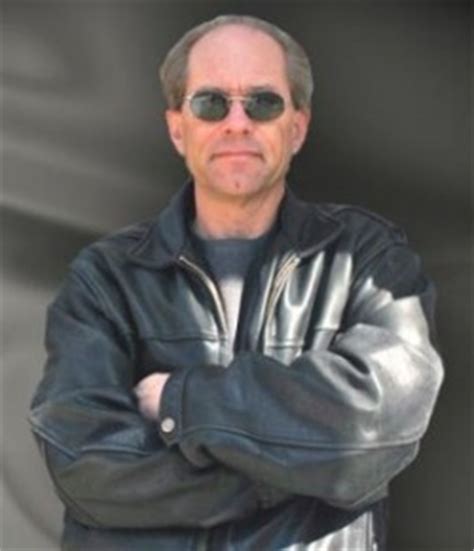A Quote by W. Edwards Deming
Plants don't close from poor workmanship, but from poor management.
Quote Topics
Related Quotes
When you live in a poor neighborhood, you are living in an area where you have poor schools. When you have poor schools, you have poor teachers. When you have poor teachers, you get a poor education. When you get a poor education, you can only work in a poor-paying job. And that poor-paying job enables you to live again in a poor neighborhood. So, it's a very vicious cycle.
It is easy to say that there are the rich and the poor, and so something should be done. But in history, there are always the rich and the poor. If the poor were not as poor, we would still call them the poor. I mean, whoever has less can be called the poor. You will always have the 10% that have less and the 10% that have the most.
I don't want there to be this separation between the rich and poor. I may be part of the three percent because I've been fortunate and done well for myself, but I will never forget about the 97 percent. That was me growing up. I was so poor I dreamt about being just 'regular poor,' not 'poor, poor.'
If the "rich" were swarming into poor neighborhoods and beating the poor until they coughed up the dimes they swallowed for safekeeping, yes, this would be a transfer of income from the poor to the rich. But allowing taxpayers to keep more of their money does not qualify as taking it from the poor - unless you believe that the poor have a moral claim to the money other people earn.
America is the wealthiest nation on Earth, but its people are mainly poor, and poor Americans are urged to hate themselves... It is in fact a crime for an American to be poor, even though America is a nation of poor. Every other nation has folk traditions of men who were poor but extremely wise and virtuous, and therefore more estimable than anyone with power and gold. No such tales are told by American poor. They mock themselves and glorify their betters.
In the world of development, if one mixes the poor and the nonpoor in a program, the nonpoor will always drive out the poor, and the less poor will drive out the more poor, unless protective measures are instituted right at the beginning. In such cases, the nonpoor reap the benefits of all that is done in the name of the poor.





































